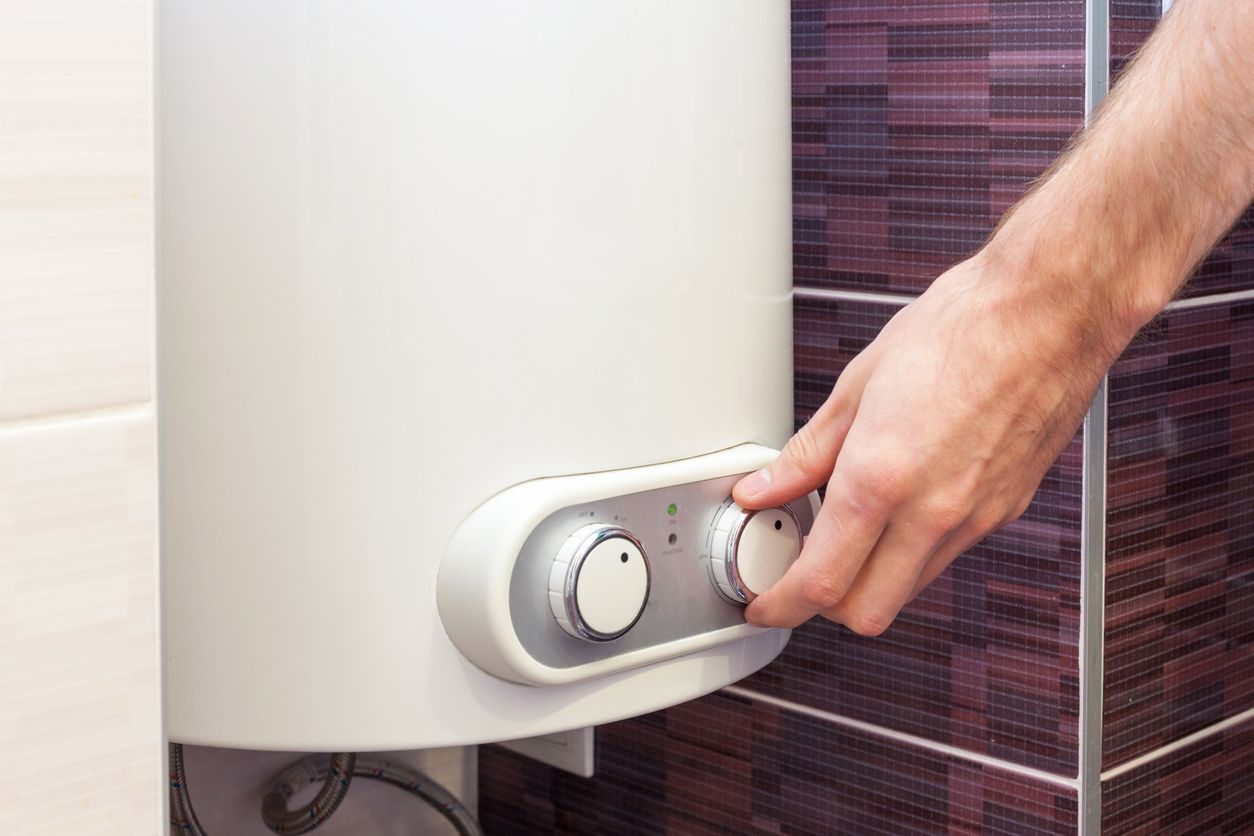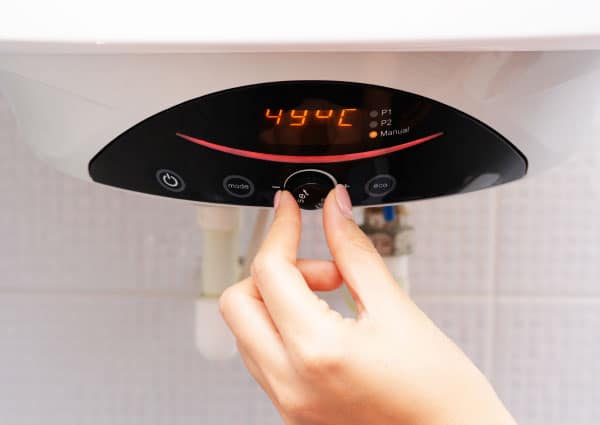Tackling the Typical Water Heater Crisis Scenarios
Tackling the Typical Water Heater Crisis Scenarios
Blog Article
We've noticed this article about Is Your Water Heater Leaking? below on the internet and decided it made perfect sense to share it with you on this site.

A hot water heater is among one of the most important fundamental appliances that can be located in a house. With hot water heater, you don't need to go through the tension of heating water manually every single time there is a requirement to take a bath, do the laundry, or the meals. However, there is constantly an opportunity that your hot water heater would act up similar to the majority of mechanical devices.
It is essential to note any little breakdown and also tackle it promptly prior to things leave hand. The majority of times, your hot water heater starts to malfunction when there is an accumulation of sediments as a result of continuous usage. As a preventative measure, regular flushing of your water heater is suggested to prevent debris buildup and also avoid useful failure.
Common hot water heater emergencies and also how to take care of them
Too little warm water
Managing a not enough supply of warm water can be discouraging. It may be that the hot water heater can't support the hot water demand for your house. To handle this trouble, you might try to change your heater's temperature level dial as well as wait for a couple of minutes. You can ask for the assistance of a specialist plumber if the problem continues. You might update your water heating system to one with a bigger ability.
Rising and fall water temperature level.
Your water heater could begin creating water of different temperature levels usually ice cool or scalding warm. In this circumstance, the first thing you do is to make certain that the temperature is readied to the preferred degree. If after doing this, the water temperature level maintains transforming during showers or various other activities, you could have a faulty thermostat. There might be a requirement to replace either the thermostat or the heating unit of your water heater.
Leaky hot water heater container.
In this scenario, you need to transform off your water heating system, permit it to cool down, and also very carefully look for the resource of the issue. At times, all you need to do is to tighten a couple of screws or pipeline connections in cases of small leakages. If this does not work and the leakage continues, you could need to use the services of a specialist for a proper replacement.
Discolored or odiferous water
When this occurs, you need to recognize if the concern is from the container or the water resource. If there is no funny scent when you run cool water, then you are particular that it is your water heater that is damaged. The smelly water can be caused by corrosion or the buildup of bacteria or sediments in the water heating unit storage tank.
Conclusion
Some house owners overlook little warning and also minor faults in their water heater device. This only brings about additional damages and also a feasible full breakdown of your device. You need to deal with your hot water heater faults as quickly as they come up to prevent even more expenses and also unnecessary emergency troubles.
With water heating units, you don't require to go with the tension of home heating water manually every time there is a demand to take a bathroom, do the washing, or the dishes. It may be that the water heating unit can't sustain the warm water need for your apartment or condo. Your water heating unit might start generating water of different temperature levels usually ice scalding or cool warm. If there is no amusing smell when you run cold water, after that you are specific that it is your water heating system that is faulty. The odiferous water can be triggered by corrosion or the buildup of germs or debris in the water heating system container.
Water Heater Burst: Why This Happens And What To Do Next
Water Heater Explosion Warning Signs
Since storage water heaters are made of metal and store large volumes of heated water, they carry an increased risk of leaking or even exploding as they begin to rust at the fittings and seams over time. If the thermostat controlling the water temperature within the tank is faulty, or if mineral buildup inside the water heater prevents the thermostat from sensing the water’s temperature correctly, the water could become overheated. This will expand its volume within the tank, causing it to press at the tank’s fittings and seams. If these fittings and seams are rusted or corroded, the pressure could result in a leak or even an explosion.
Here are some risk factors and warning signs of an increased risk of water heater leak or explosion:
Your water heater is more than 10 years old. Your water heater makes clanking, banging or rumbling noises as it heats up, indicating that sediment has built up and hardened inside the tank. There is visible rust on the outside of the water heater, especially located at the pipe fittings or the seams that run down the tank. There is rusty water coming from your water heater, indicating that there may be rust building up inside. Your water heater is leaking, which could indicate either a crack somewhere in the tank or a malfunctioning temperature-and-pressure (T&P) relief valve. What To Do When Water Heater Leaks
If you find water dripping or seeping out of your water heater, or pooling around it, it means your water heater is leaking. If you find a leak, it may be best to call a plumbing professional to diagnose the problem and determine how best to handle it. If you choose to tackle it on your own, there are a few things you can do.
TURN OFF THE POWER
Next, shut off the power to the hot water tank at your home’s electrical breaker box. If you don’t shut off the power, the heating elements within the tank could continue to stay hot, which could pose a fire risk.
If you have a gas-powered water heater, you’ll also need to shut off the gas line leading into the tank.
FIND THE LEAK
Now it’s time to determine where the leak is coming from. Likely locations are the T&P valve, the drain valve or one of the pipes or fittings that feed into the top of the tank. If you see any rust or corrosion on the outside of your water heater’s tank, pipes or fittings, these could also be the source of the leak.
REPAIR THE LEAK
Once you determine the source of your water heater leak, you’ll have a better idea of what steps you need to take to fix the problem. It may be a simple fix—such as using a wrench to tighten fittings or replacing the T&P valve—but it may be something more complicated. You may even need to drain the tank, remove the water heater and install a new one.
https://www.abchomeandcommercial.com/blog/water-heater-burst/

Do you enjoy more info about Is Your Water Heater Leaking?? Try to leave a review further down. We will be delighted to hear your opinions about this blog post. We hope that you visit us again later on. In case you appreciated our blog posting please don't forget to share it. We appreciate reading our article about The Importance of Water Heater Maintenance.
Fast relief, just a call. Report this page